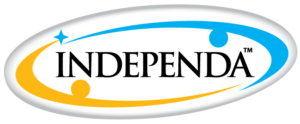As members of the Baby Boomer generation have already begun to reach retirement age, professionals in the eldercare industry are preparing for a surge in clientele that could place a greater strain on an already overextended service. An added challenge accompanying this influx is that Alzheimer's disease, the degenerative condition characterized by severe memory loss and disorientation, has already been deemed the "defining disease" of this age group by the Alzheimer's Association.
Already affecting one in eight Americans over the age of 65, this form of dementia typically increases the degree of care and monitoring that those who suffer from it require. And, according to recent survey conducted by the U.S. Centers for Disease Control and Prevention and analyzed by the Alzheimer's Association, this ratio already holds true for younger Baby Boomers.
NBC reports that about 12 percent of survey participants who were between 60 and 64 years old said they had begun experiencing memory loss and general confusion that had worsened within the last year. Nearly half of those respondents noted that this shift "interfered with daily life or work."
Matthew Baumgart, senior director of the Alzheimer's Association, told the source that this figure only reflects a portion of the Baby Boomer population, and that analysis of older members of this group is forthcoming.
In light of this revelation, it's clear that care managers must be prepared for a growing number of clients who suffer from some degree of dementia, and will therefore require more constant care, even if they do not yet have substantial physical limitations to contend with. Independa's technology-enabled eldercare solutions include telemonitoring services, medical reminders and other features that can potentially ease this transition. Contact us through our online form today to learn more.
